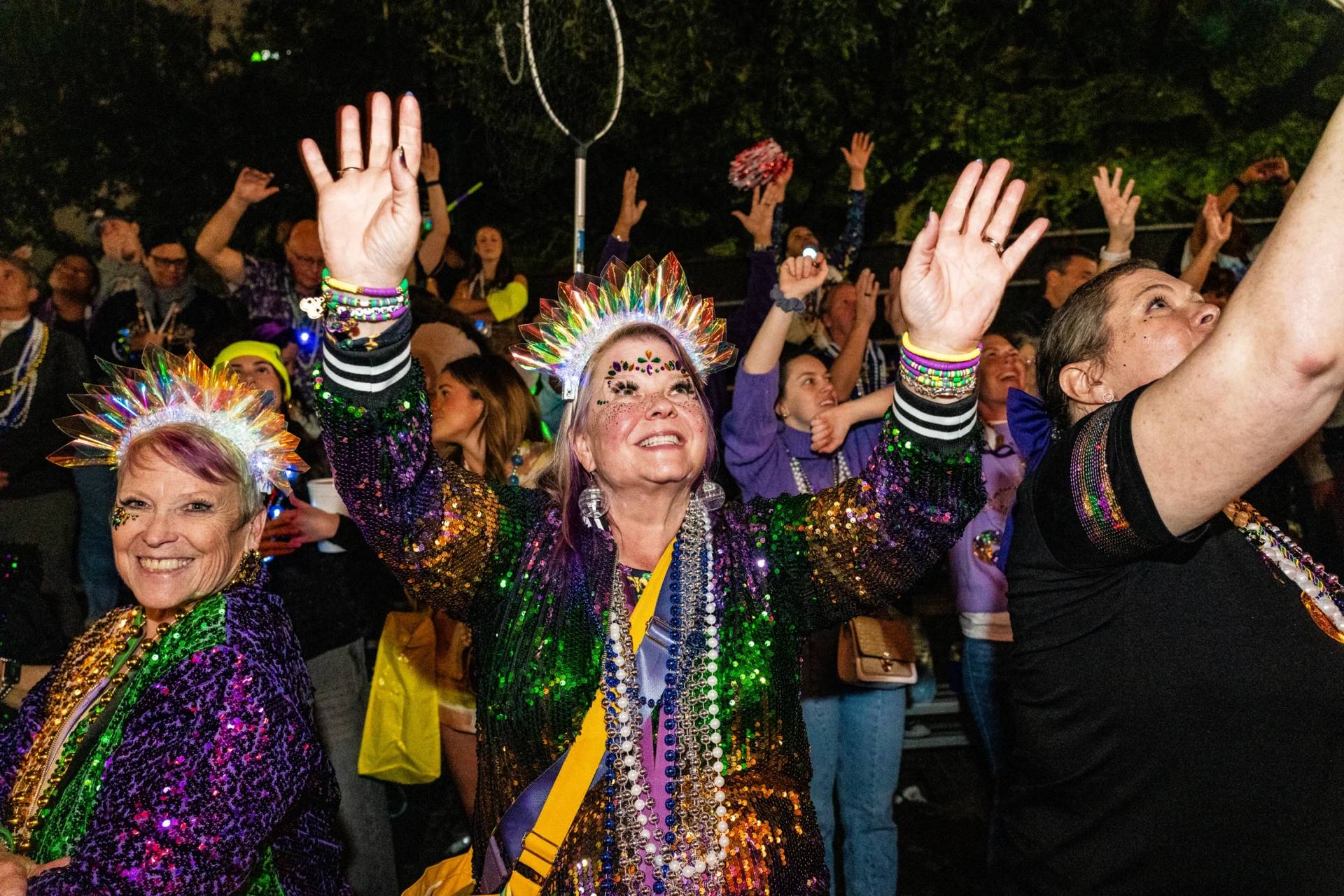As the spotlight remained firmly fixed on racial injustice for a third consecutive week in the United States, Catholic institutions began to take anti-racist action in familiar areas for Catholics: Prayer and education.
During a June 13 livestreamed “Virtual Ecumenical Rally for Racial Justice” convened by Bishop Richard E. Pates, Apostolic Administrator of the Diocese of Joliet in Illinois, a diverse group of faith and civic leaders gathered at the University of St. Francis in Joliet.
“George Floyd gathers us together,” Pates said in his opening remarks, referencing the Minnesota man whose death at the knee of a police officer sparked a wave of protests across the world. “May we emerge from the shadows of racism into the bright sunshine of human rights and love for all members of the human family,” he added.
Through speeches and prayers, the event’s other leaders urged attendees to do the necessary work on both personal and societal levels to realize that hope that Pates had expressed.
Judge Vincent Cornelius asked viewers to commit to five specific actions: See, speak, stand, stay, and study.
“See the beauty and burdens of my color,” he said, noting that he cannot afford for people to claim to be colorblind. “Speak… don’t return to the safety of silence when I am harmed.”
“Stand as passionately with me when I’m tragically taken down as you do when I score a touchdown,” Cornelius continued. “Stay with us when the protests have ended, the television cameras have gone, and the feel-good moments of safe solidarity fade.”
Finally, the judge said, “Study our history, our circumstance, how we got to the place where we are today; study my journey so we are speaking the same language.”
Addressing her white brothers and sisters, Sister Lois Prebil, co-founder of the Joliet Franciscan Anti-Racism Committee, urged them to take action to dismantle racism with the same ferocity with which they pursue other social issues. Listen, learn, and “believe what people of color tell us,” she added.
Bishop Jeffrey Clements, head of the Northern Illinois Synod of the Evangelical Lutheran Church of America, led attendees through a “litany of commitment” designed to marry prayer and concrete action.
The litany included a commitment to “re-educating myself by seeking opportunities to interact with others, to step out of my limited world so that my opinions and attitudes can change.”
Clements’ prayer also invited viewers to pledge to bring about “radical changes in our social, economic, and civil structures for more equality” by voting for “candidates who have shown us through their past and present life experiences that they too embrace this cause of equality for all.”
Peter Newburn, the Diocese of Joliet’s Secretary of Christian Life, summarized the event to Crux as a concerted effort “to be in solidarity with those suffering the injustice of racism, and to challenge and invite reflection and conversion to the middle class white community, in an atmosphere of prayer and Christian unity.”
One day before Joliet’s ecumenical service, a different kind of Catholic institution also took a concrete step to recognize and combat the ongoing sin of racism in the U.S. context.
The Association of Catholic Publishers delivered a free virtual training session on June 12 to equip parents and educators to better form young people on issues of race.
“Coming Together: Talking with Kids and Teens about Racism” gathered some of the nation’s top experts on teaching children and teens, including Joseph White, a clinical child psychologist, and Hosffman Ospino, a theologian from Boston College. Joining them were Carolyn Woo, former CEO of Catholic Relief Services, and DeKarlos Blackmon, Secretariat Director of Life, Charity, and Justice for the Diocese of Austin.
The panelists gave parents and educators practical tips and free resources, rooted the current moment in the longer conversations about race that the church and the country have been having for centuries, and responded to specifically Catholic questions about race.

Blackmon encouraged parents and teachers to “provide young people a safe space to reflect on recent events” using “methodologies meaningful to them” and held up the USCCB’s 2018 document on racism, Open Wide Our Hearts, as a vital resource for fostering conversion of hearts on matters of race.
He also tackled an audience question on how racial identity fits with baptismal identity, cautioning against the view that unity in Christ somehow necessitates a colorblind approach to race, noting that the “church expresses unity in its diversity.” Ospino added that “none of us take our skin off at the entrance of the church or school or catechetical program!”
White urged attendees to help their children and teens engage in “some examination of conscience” on matters of race. He also told educators to be more intentional about how they represent people of color in their curriculum, asking them to consider whether “children of color see themselves in the saints that we hold up as examples” and whether educators “send the message that the stories of people of color are important and central to our story.”
Therese Brown, the association’s executive director and moderator of the virtual training, told Crux that she sees two related takeaways from the webinar for those wrestling with how to speak to young people about race.
“The first is to start and have the conversation,” she said. “Silence will not bring about any change of any kind — political, emotional, psychological.”
“The second is to not be afraid to have the conversation,” she added. “The best place to start is with our faith. Look at the Scriptures, especially the Gospel of Luke, for examples of how Jesus went to the margins and welcomed those who were left outside society.”














